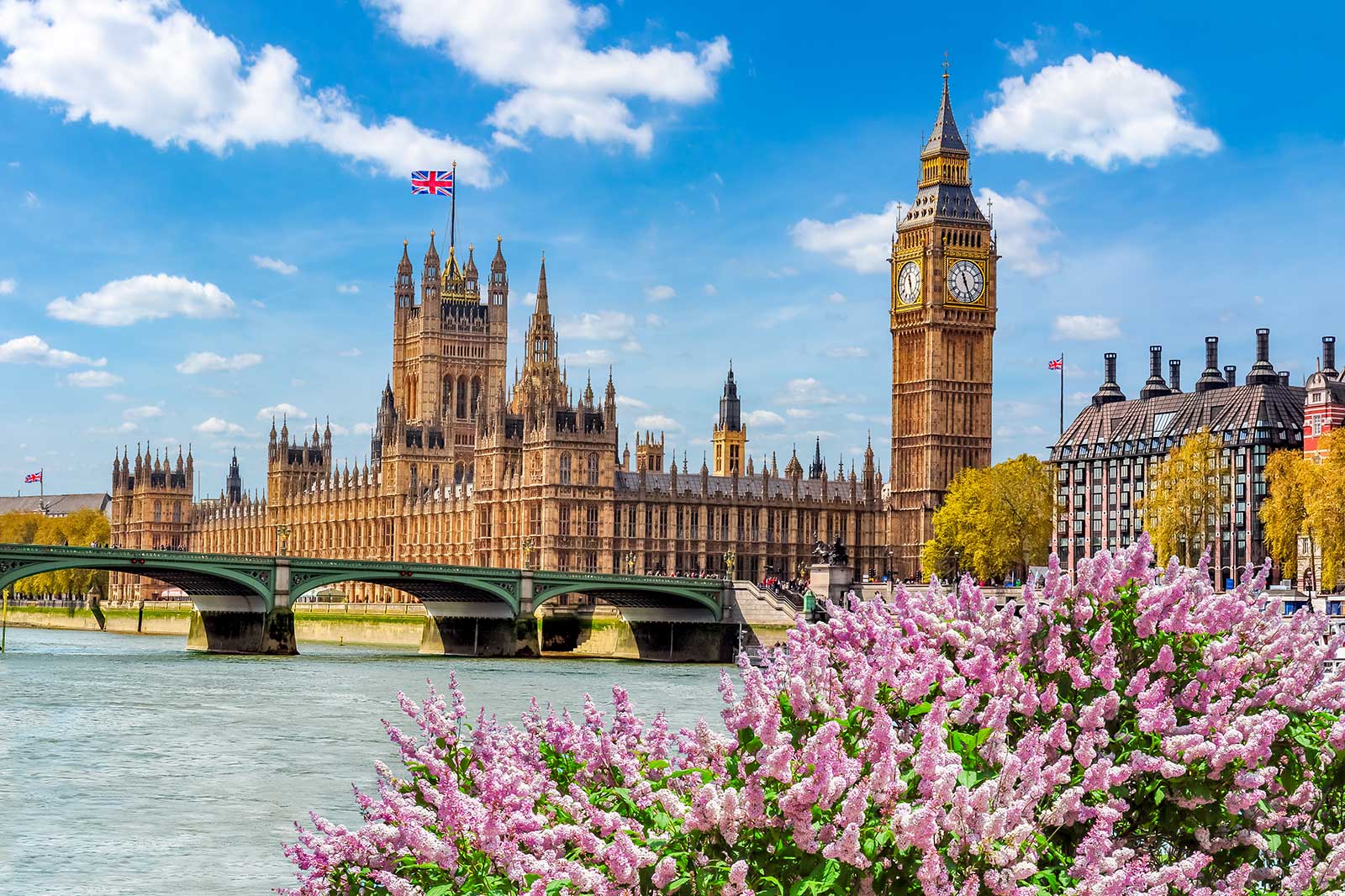Despite zero subsidies and political shifts, UK's solar industry shines bright – an article by Adam Swarbrick, Head of Solar and Storage UK at RWE Renewables UK.

The United Kingdom solar industry has been around long enough now to see political cycles and government support come and go. Regardless of the shifting political sands, our eyes remain firmly fixed on the ultimate prize: delivering the clean energy transition as quickly and cost-effectively as possible – for climate and consumers.
Over the past year, the solar industry has continued to go from strength to strength, breaking installation records and delivering a fifth consecutive year of growth since the end of government subsidy support. However, we know that we still need to go faster if we’re to meet the government’s ambitious net-zero targets. The United Kingdom has committed to delivering up to 70 GW of solar power generation capacity by 2035 – the volume needed to achieve the government’s goal of having a decarbonised power system by the same date. That’s an almost fivefold increase from where we are today. Yet many new projects are already receiving grid connection dates beyond that deadline.
Companies such as RWE are also targeting major growth in solar. Some 40% of our planned €55 billion ($59 billion) net investment, by 2030, in growing the company’s green generation portfolio is to be focused on solar and onshore wind, with by far the biggest leap in growth to be in solar energy. We expect to step up from our current portfolio of 3.9 GW to 16 GW, globally, by the end of 2030.
Mixed messaging
That’s why it is unfortunate to hear calls coming from some political quarters arguing for a watering down of net-zero commitments.
Inconsistent messages are the last thing clean energy developers and investors want to hear – it doesn’t set the right tone for the pace and scale of change needed in the coming decade. Consistency and clarity are essential for companies such as RWE to be able to deliver the clean energy needed for net-zero at pace.

There remain many hurdles that all developers are facing in the push to accelerate the net-zero transition; grid congestion and sluggish planning decisions being the most obvious. In the face of these challenges, no industry wants to become a political football, especially if that distracts from the imperative to go ever further and faster.
Despite the shift in tone in recent months, there has, thankfully, been more positive attention and cut-through than ever before on the fundamental challenges facing the industry. Only a couple of years ago we would never have imagined that a mention of tackling grid congestion would feature in major speeches by not only the prime minister but also the monarch.
Queueing bottleneck
This recognition has been widely welcomed by the sector but we will need more than words to accelerate project timelines and speed up planning. There is, of course, a lot of important policy work going on behind the scenes as well.
Largely, however, we are yet to see commitments translate into tangible material improvements on the ground. Take, for example, the recent introduction of reforms to queueing milestones for electricity transmission projects.

Whilst welcome, these are as yet unproven at removing speculative projects from the queue and thus enabling those that are ready to progress to connect.
The queue, however, is only half the challenge. Connection delivery remains a major block as well. There are no binding requirements regarding connection delivery, as there are for connection offers, meaning projects are often given a connection date which languishes while a company waits for the necessary surveys and enabling work to take place. The result is real-world delays to hypothetical connection dates.
The addition of a net-zero remit for the energy regulator is another welcome change, though it is also, as yet, not known whether this will deliver the additional anticipatory build-out of grid capacity needed for the transition.
Similarly, there have been recent shakeups in planning rules from the government, alongside significant increases in fees. There is no guarantee, however, that these will result in accelerated decision making by local planning authorities as the fees are not ringfenced for planning as RWE and many others have recommended. Further reforms are also proposed to the process relating to nationally significant infrastructure projects and, on top of this, the Labour leadership has made known its desire to slash planning red tape across the piece.
There are certainly areas where planning can be right-sized for solar projects, such as reducing the inordinate amount of pre-application archaeological trenching required, for example. This is often unnecessary, disturbs far more ground than the actual construction of the solar farm, and can double the upfront fees for developers.


Action needed
Denouncing red tape, however, means little in the grand scheme of things without concrete action to back up that desire. Planning authorities have struggled for years to find the resources to process the planning applications before them. Across the industry, solar projects are languishing in planning for more than a year, on average.
That is more than four times the current statutory response time of 91 days and the time spent waiting for decisions is only increasing. Here again, there is no recourse for developers if such statutory targets are missed.

To have any chance of delivering the 70 GW of solar needed by 2035 to decarbonise the power grid, whichever party is in government needs to urgently provide clarity on how it will resolve the well-recognised issues of grid access and capacity and planning. That is essential to ensuring the United Kingdom retains its high standing in the rankings for investment attractiveness. We stand ready to support this government and the next in drilling down on the real issues underpinning project delays and we need their focus to remain on delivery of existing net-zero commitments, rather than watering those down with political posturing.
The coming years will be make or break for the success of the United Kingdom’s clean energy and decarbonisation ambitions – we need a faster, more ambitious approach to addressing critical issues, including grid infrastructure, planning, and consenting project development.
First published in PV Magazine, 6 Feb 2024
